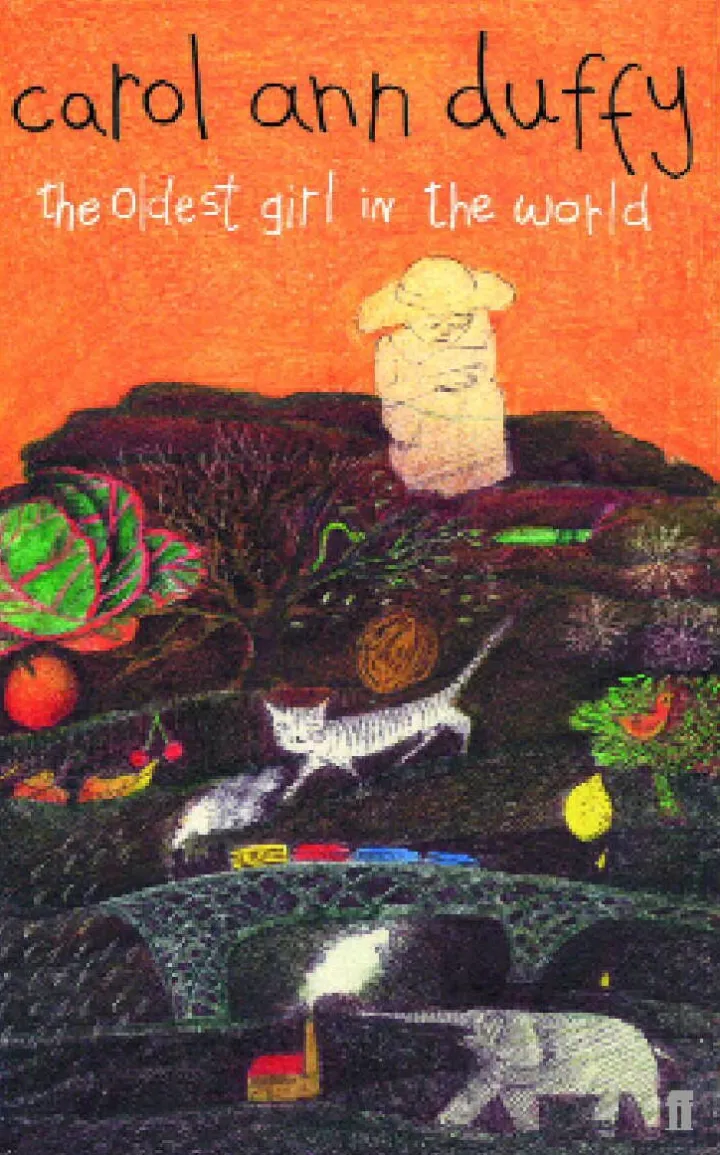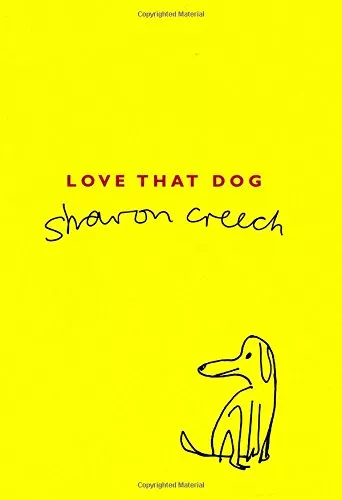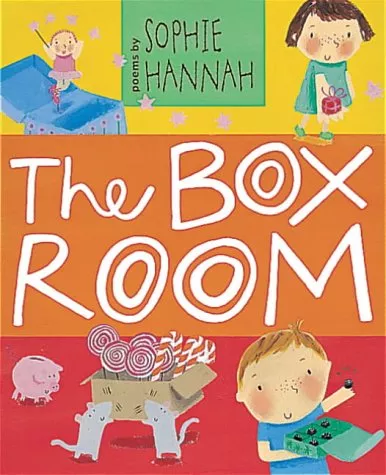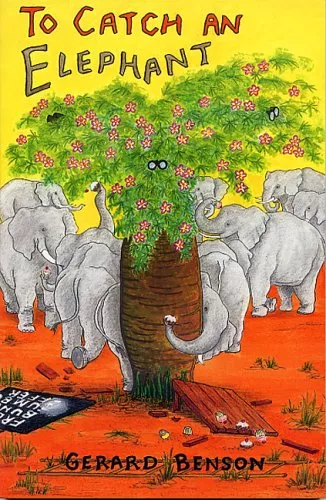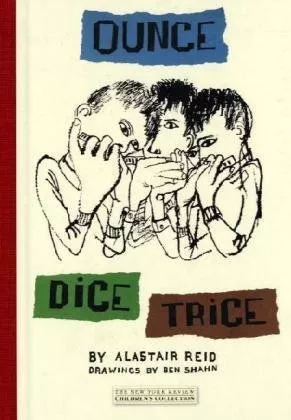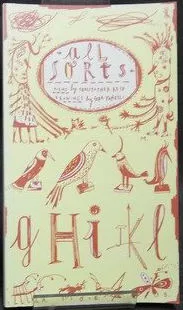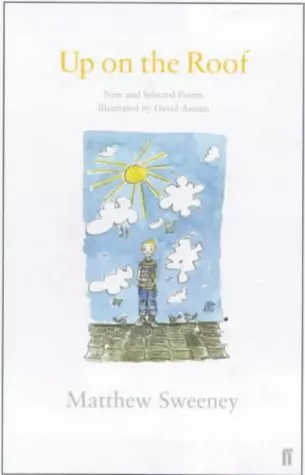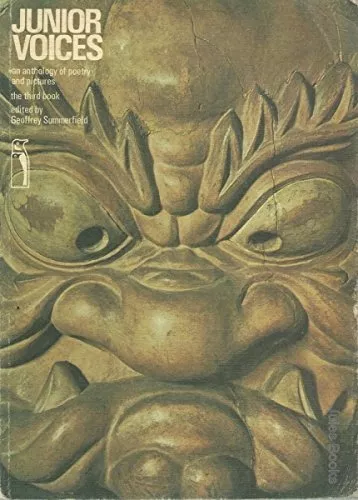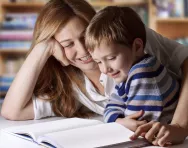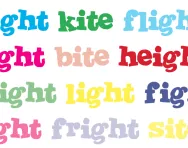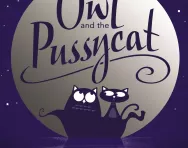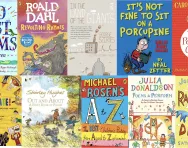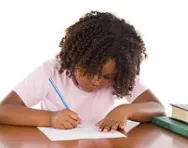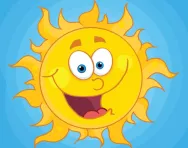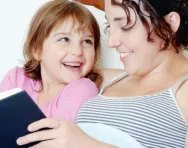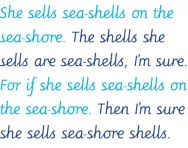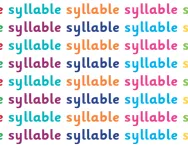Important update from TheSchoolRun
For the past 13 years, TheSchoolRun has been run by a small team of mums working from home, dedicated to providing quality educational resources to primary school parents. Unfortunately, rising supplier costs and falling revenue have made it impossible for us to continue operating, and we’ve had to make the difficult decision to close. The good news: We’ve arranged for another educational provider to take over many of our resources. These will be hosted on a new portal, where the content will be updated and expanded to support your child’s learning.
What this means for subscribers:
- Your subscription is still active, and for now, you can keep using the website as normal — just log in with your usual details to access all our articles and resources*.
- In a few months, all resources will move to the new portal. You’ll continue to have access there until your subscription ends. We’ll send you full details nearer the time.
- As a thank you for your support, we’ll also be sending you 16 primary school eBooks (worth £108.84) to download and keep.
A few changes to be aware of:
- The Learning Journey weekly email has ended, but your child’s plan will still be updated on your dashboard each Monday. Just log in to see the recommended worksheets.
- The 11+ weekly emails have now ended. We sent you all the remaining emails in the series at the end of March — please check your inbox (and spam folder) if you haven’t seen them. You can also follow the full programme here: 11+ Learning Journey.
If you have any questions, please contact us at [email protected]. Thank you for being part of our journey it’s been a privilege to support your family’s learning.
*If you need to reset your password, it will still work as usual. Please check your spam folder if the reset email doesn’t appear in your inbox.
Great poetry collections for children
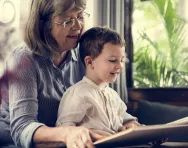
I find it impossible to rank my favourite children’s poetry books, as it the individual poem that I am struck by most, but these are some that I take down from my bookshelf, well thumbed and worn at the edges – but which might be new to you.
The Oldest Girl in the World by Carol Ann Duffy
(£7.99, Faber & Faber)
This collection is a delight. The poems are dextrous and musical. Duffy plays with form, stretching the boundaries of what one would expect a poem to do. She employs half-rhyme and internal rhyme, assonance and consonance skilfully to make her poems ripe for reading out loud. The images and ideas that she plays with are thought-provoking too, and work equally well on the page and the mind. It’s the children’s poetry collection I wish I’d written. (For ages 9+)
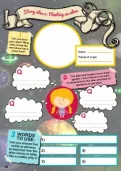

Download a FREE Creative Writing toolkit!
- KS1 & KS2 workbooks
- Bursting with fill-in prompt sheets and inspiring ideas
- Story structure tips, style guides and editing suggestions
Love that Dog by Sharon Creech
(£5.99, Bloomsbury)
A ‘poem - diary - narrative’ book that defies definition. Its tight poetic narrative and economy of words tells of a boy and his dog and deals directly with loss and the writing of poetry. It grips from the start and propels you to read to the end in one sitting. It would suit both able and more reluctant readers. (For ages 9+)
The Box Room by Sophie Hannah
Second-hand from 1p, Orchard Books
A good example of how to write poems for the very young without compromising on your poetic integrity. Every poem ( box?) is about boxes – of sorts. Poems such as Swimming in the Blue Box, The Worry Doll and The World is a Box are simple enough to capture the interest of a young child but resonate on some pleasing level with the adult reader. (For ages 4+)
To Catch an Elephant by Gerard Benson
(£6, Smith/ Doorstop)
The late Gerard Benson was my mentor back in my early writing days – and he also became a dear friend. His poems are gentle, persuasive and playful and are crafted with care. I have often used his Postcards in 23 Words poem in poetry workshops to encourage brevity and careful word choice, and his Spring Assembly poem for developing personification and viewpoint and voice of character techniques. (For ages 9+)
Ounce Dice Trice by Alastair Reid
(£9.99, New York Review Books)
A celebration of words, sounds, meaning and nonsense, this gem of a book is both eccentric and brave. It compiles lists of onomatopoeic words under unusual headings such as Heavy Words and Squishy Words. It plays with definitions of odd and forgotten words like jiggery-pokery and gongo-ozler. It introduces you to strange collective nouns such as a humbuggle of packages or a gundu-lum of garbage cans. A delight for the tongue and ear. (For ages 5+)
All Sorts by Christopher Reid
(Second-hand from 1p, Ondt & Gracehoper)
A little gem of a book that draws you into magical worlds of dreaming bears, dog’s noses and the joys of mud. The poems have a quiet, understated humour and are engaging but they never patronise the young reader. The illustrations by Sara Fanelli match the words perfectly. (For ages 8+)
Up on the Roof by Matthew Sweeney
(£5.99, Faber and Faber)
The poems in this collection are often funny, sometimes edgy but always anarchic. There is a real sense of freedom and possibility in these poems – and a hint of danger, too. This collection showed me that poetry for children doesn’t need to always portray a safe and sanitised world. (For ages 9+)
Junior Voices: An Anthology of Poetry and Pictures
(Second-hand from £3.67, Penguin Education)
I’m including this series of anthologies purely for nostalgic reasons. The books are out of print now but can be bought second-hand online, or found in charity shops. As a child I remember pouring over them and being fascinated by the words that they contained. There are poems in translation, traditional folk songs, playground rhymes, poems by children and by well-known writers. There are concrete poems, jingles, ballads, riddles, charms – and they are accompanied by strange and mysterious photographs, illustrations and reproductions of paintings. Some of the poems were unfathomable to me at the time yet I I still enjoyed reading them and believed they held secrets that I would later uncover.
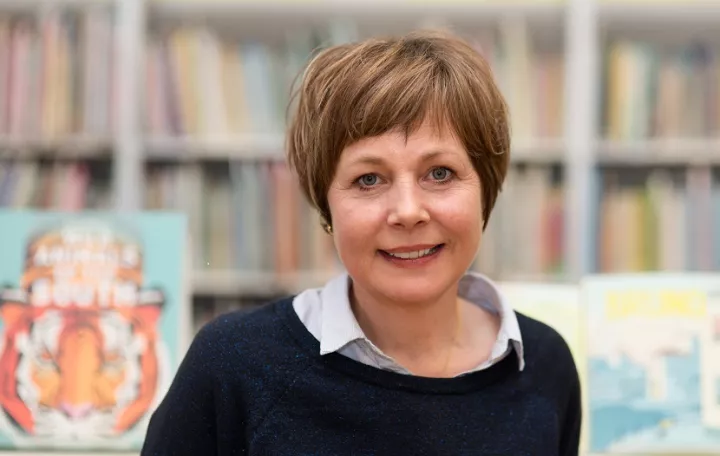
Rachel Rooney is an award-winning poet; her poetry collections include The Language of Cat and My Life as a Goldfish. She chaired the judging panel for the 2017 CLiPPA Poetry Award and is a judge of the Betjeman Poetry Prize. Rachel is also a National Poetry Day Ambassador (National Poetry Day is on 28th September in 2017).
